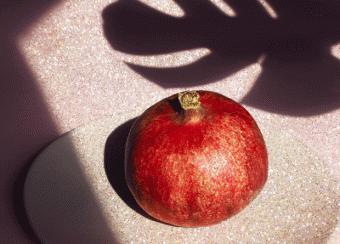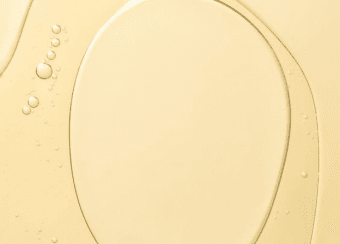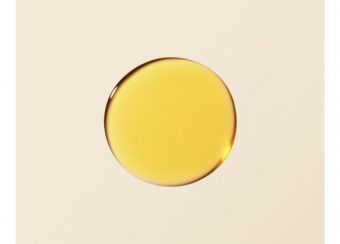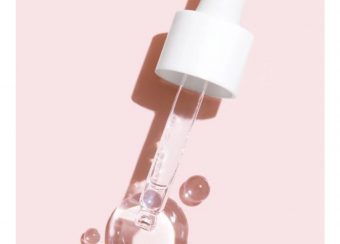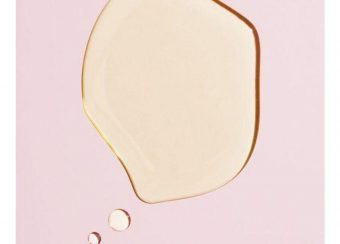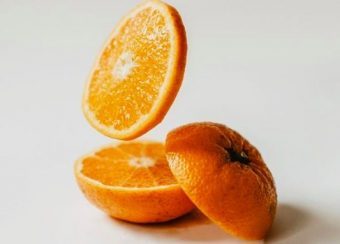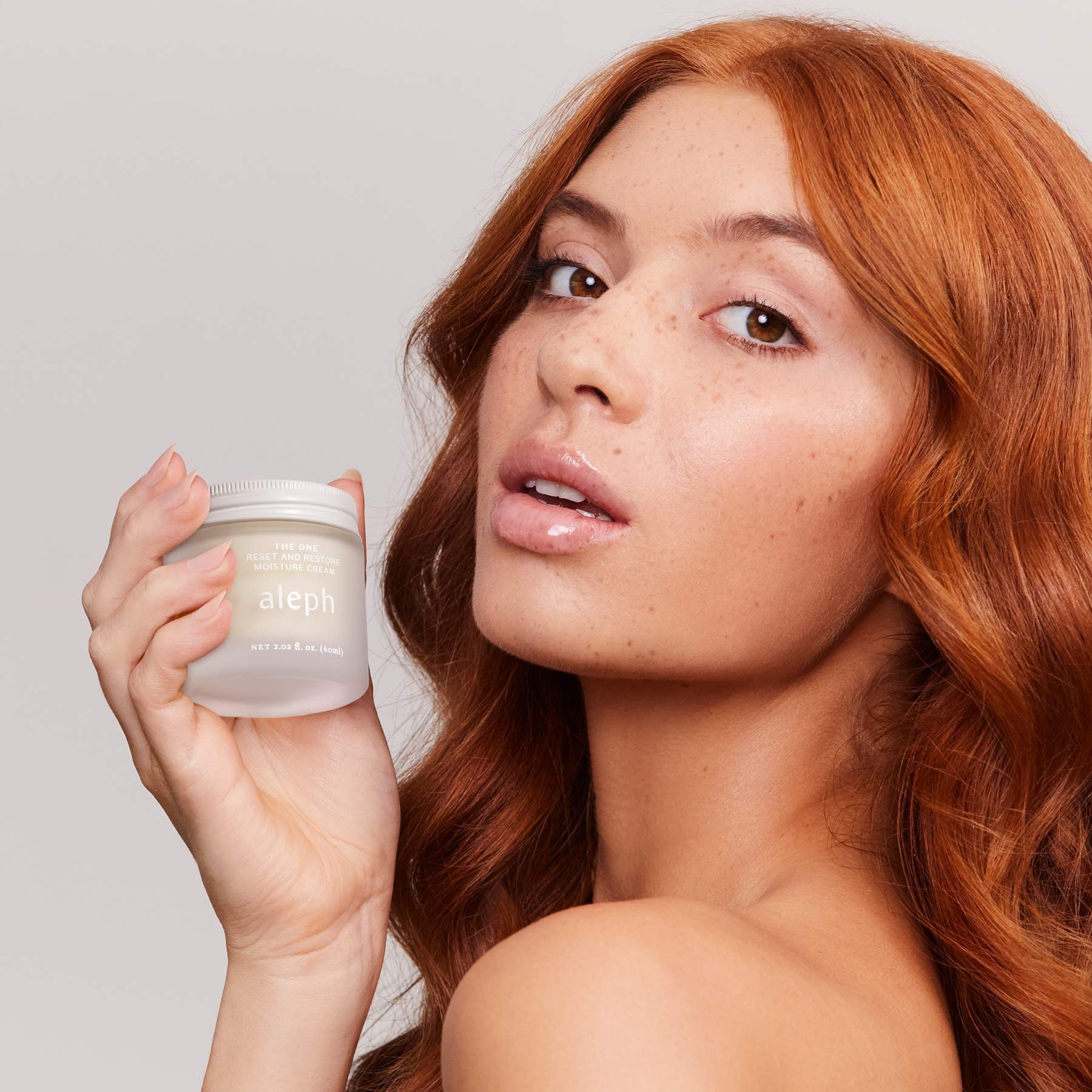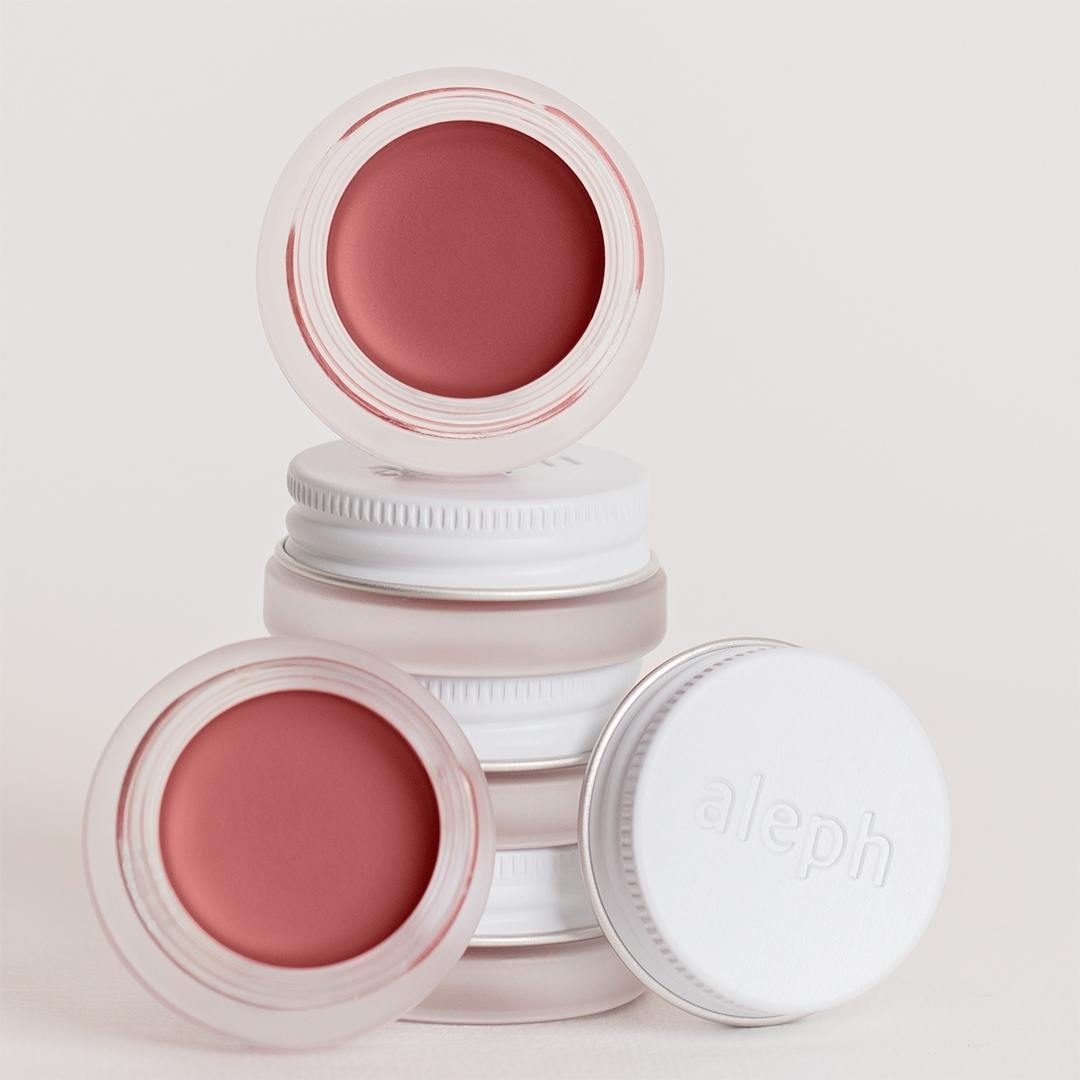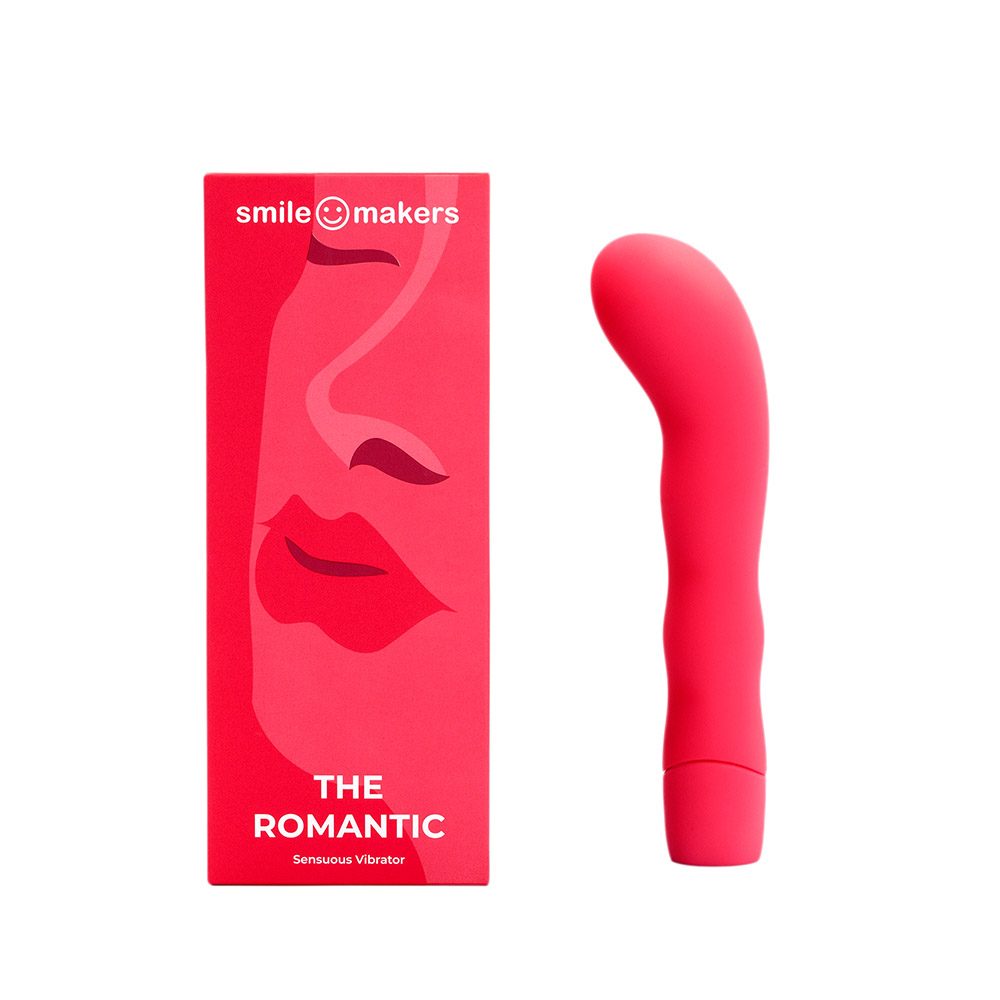Let’s Talk About Collagen
07/09/2020 2021-09-26 19:31
Let’s Talk About Collagen
There has been a cacophony of information raining down upon us all over the last few years about collagen supplements, and whether or not they really work. The millions of people who have adopted them into their daily routines certainly believe so, and the results from some formulas have been seriously impressive.
With all of this in mind we’ve decided to break down (pun intended!) the whys and wherefores of this buzzy beauty ingredient, and why we think we can all benefit from a little extra collagen in our lives.
What is collagen?
Collagen is the most abundant protein in the body and literally holds everything together. It’s found in your bones, ligaments, tendons, connective tissues and skin, and plays a role in your overall health. The word collagen comes from the Greek word “kolla” meaning glue, and the more abundant the collagen, the healthier and stronger your skin looks and acts. The bad news is that collagen production in the skin slows down significantly starting at age 25, and that’s where supplementation comes in handy.
What’s actually in collagen?
This is where we get to blind you a little with science. Collagen is composed of a series of amino acids, which are the building blocks for proteins and are essential to synthesising our hormones and moving chemical messages around the body. Amino acids bind together to form procollagen, which in order to become collagen, undergoes a grouping process, forming long chains with more than a thousand amino acids. These chains arrange themselves side by side and bind together into three-dimensional helices, which then act as the foundation of body materials, whether it’s in your epidermis, gut, or anywhere else.
How can a collagen supplement help?
You can definitely add more collagen to your diet by regularly consuming foods like bone broth and organ meats, but if these foods aren’t in your usual diet you probably don’t have enough naturally occurring collagen in your body. Collagen protein supplements are an ultra-convenient way to reap the benefits of this powerful protein, and they can be added to smoothies, soups, baked goods, and your favourite drinks.
Where does the collagen in supplements come from, and can you get vegan collagen?
By its very nature, collagen will always be from an animal, as it is the protein from the connective tissue of animals. Whether that be bovine, porcine or marine is up to each individual brand, but if you see the term “plant-based protein” it simply isn’t true. Plants simply do not “grow” or contain collagen. If animal rights are your concern (as they should be), we recommend you look for a collagen like Imbibe’s Miracle Collagen, which comes from global sources that have certified animal livestock welfare policies in place.
What should you look out for in your chosen collagen supplement, and avoid?
Many formulas contain fillers and artificial flavours that can disturb the gut, as well as low quality hydrolysed protein. As aforementioned, look out for organic fruit and vegetable powders claiming to be collagen, and check ingredient decks for preservatives, sulfides, peroxides, flavours and unnecessary additives

